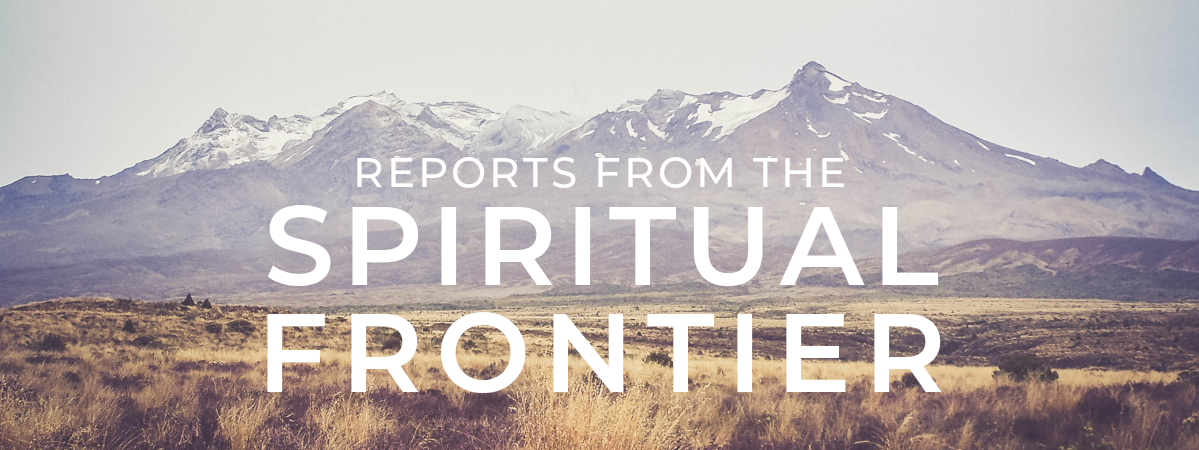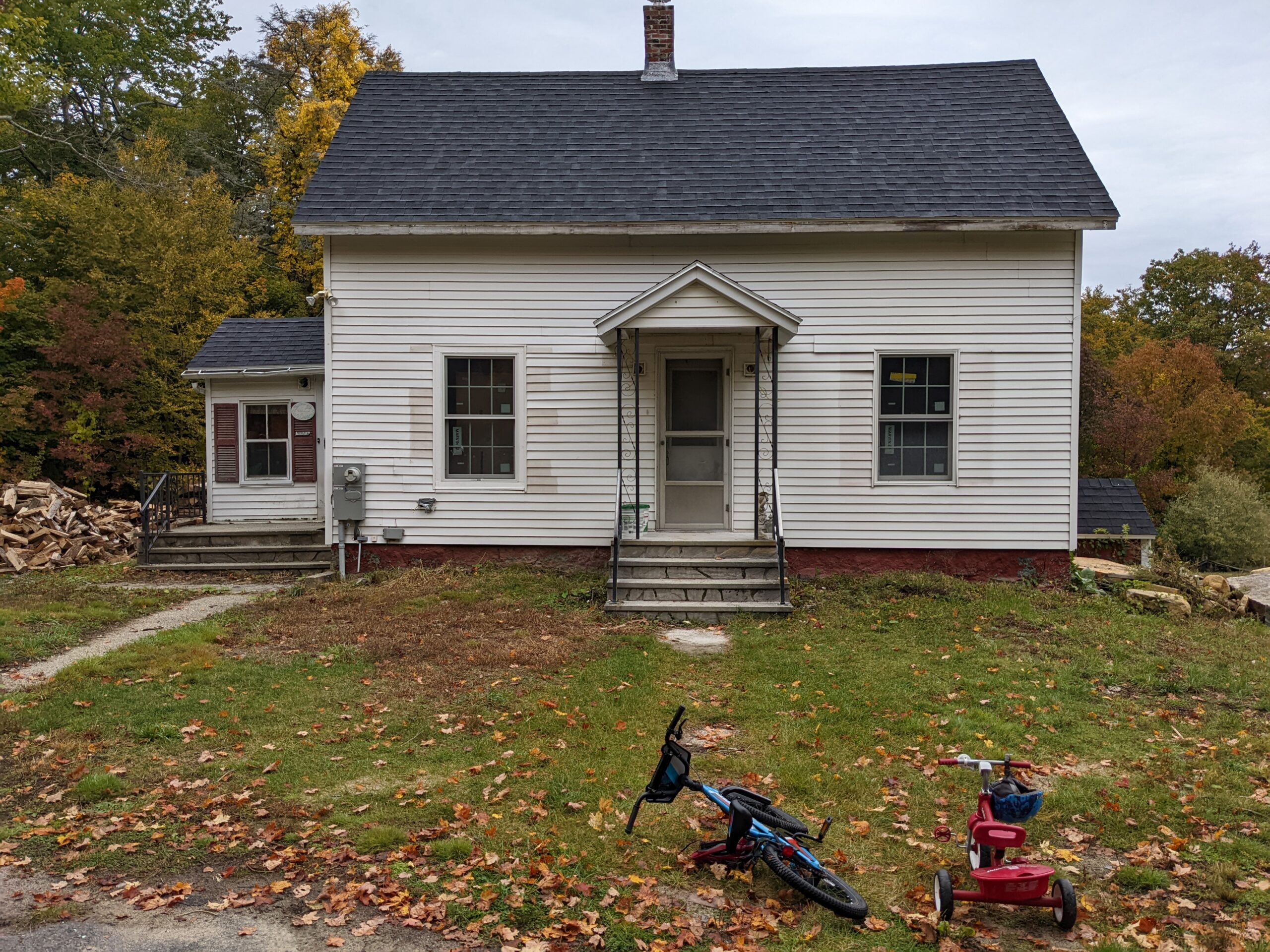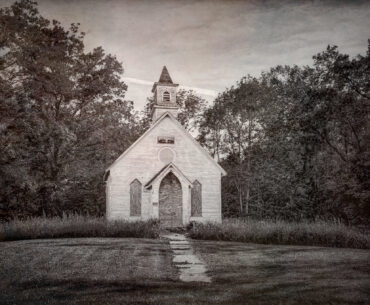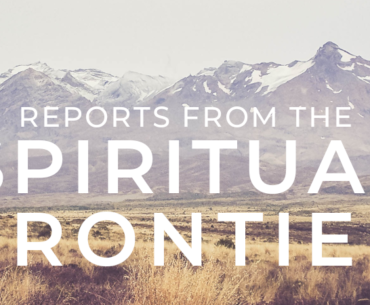There is a difference between suffering less and suffering well.
In the light of my ongoing health challenges, which remain unresolved, I’ve had ample opportunity to reflect on the difference between the two.
Suffering less is not always possible, although our officially optimistic culture would like us to think so. We will always face, both individually and communally, open-ended suffering that is beyond our power to fix or sometimes even to mitigate. As a pastor, I watched people encounter unpredictable, unresolvable tragedies that did not have happy endings neatly attached to them. I saw people endure long-term hardship that was no more fixable than an avalanche. As someone who now works in climate – I’ve seen my colleagues undergo existential crises as they realize they cannot prevent the coming ecological catastrophe which is already beginning to devastate our global community. Personally, I’ve come back into contact with the reality that every time I relapse, there is no guarantee that I will get better quickly, if ever.
To be clear, I’m in favor of suffering less. I’ve restarted old medications, have activated medical treatments and referrals (at the glacially slow pace of bureaucracy,) have eliminated all extraneous activities, and have enacted a thousand small adaptations to help me get through a workday. I’m hoping that, at some point, all of this will help me start to feel better. However, the reality is that it hasn’t so far and that there’s no guarantee that it will in the future either.
I can’t choose to suffer less. However, I can choose to suffer well:
– I can choose to be present to the reality of my life without numbing, justifying, or withdrawing.
– I can choose to be gentle with myself as I reorient to serial disorientation.
– I can choose to endure persistently, to be patient, and within that context to practice asserting my own agency, even if that agency is increasingly diminishing.
– I can choose to practice forgiveness – for myself (and especially my body) and to let go of resentment for lost opportunities.
– I can choose to slow down and to pray more.
– I can choose to learn from my suffering – especially in the ways it clarifies my priorities.
– I can choose to practice gratitude that does not diminish what I have lost.
This has been my core spiritual practice – one that I admittedly hold unevenly. It does not make my body hurt less at the end of the day, but it helps give intelligibility to my suffering and to my place within it. I’m not the first person to discover this either – the saints and my teachers from historically marginalized communities have all taught me that suffering can be sanctifying, and I’m grateful for their witness as I make my way through this season of my life. The Apostle Paul says in the Book of Romans, “We also glory in our sufferings, because we know that suffering produces perseverance; perseverance, character; and character, hope.” Right now, I’m holding onto the intention enter into that process as well.









